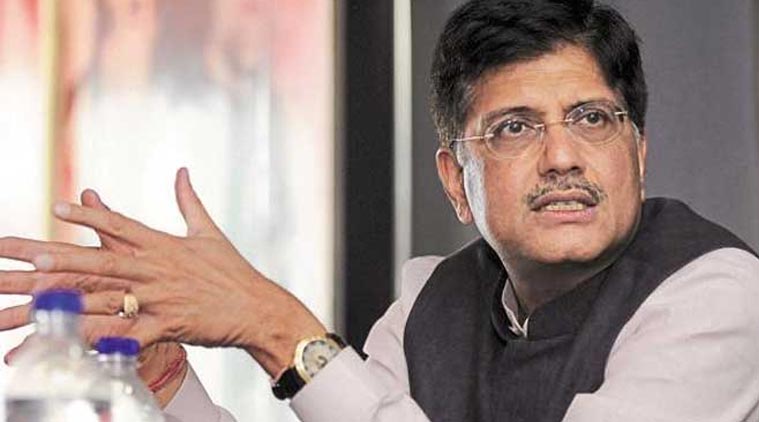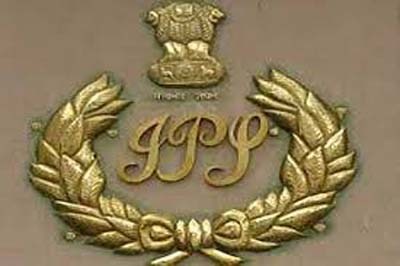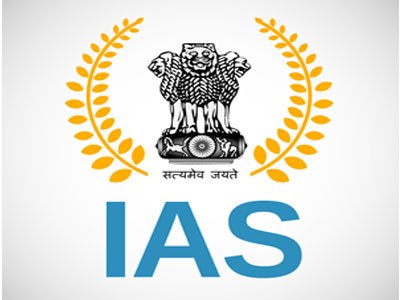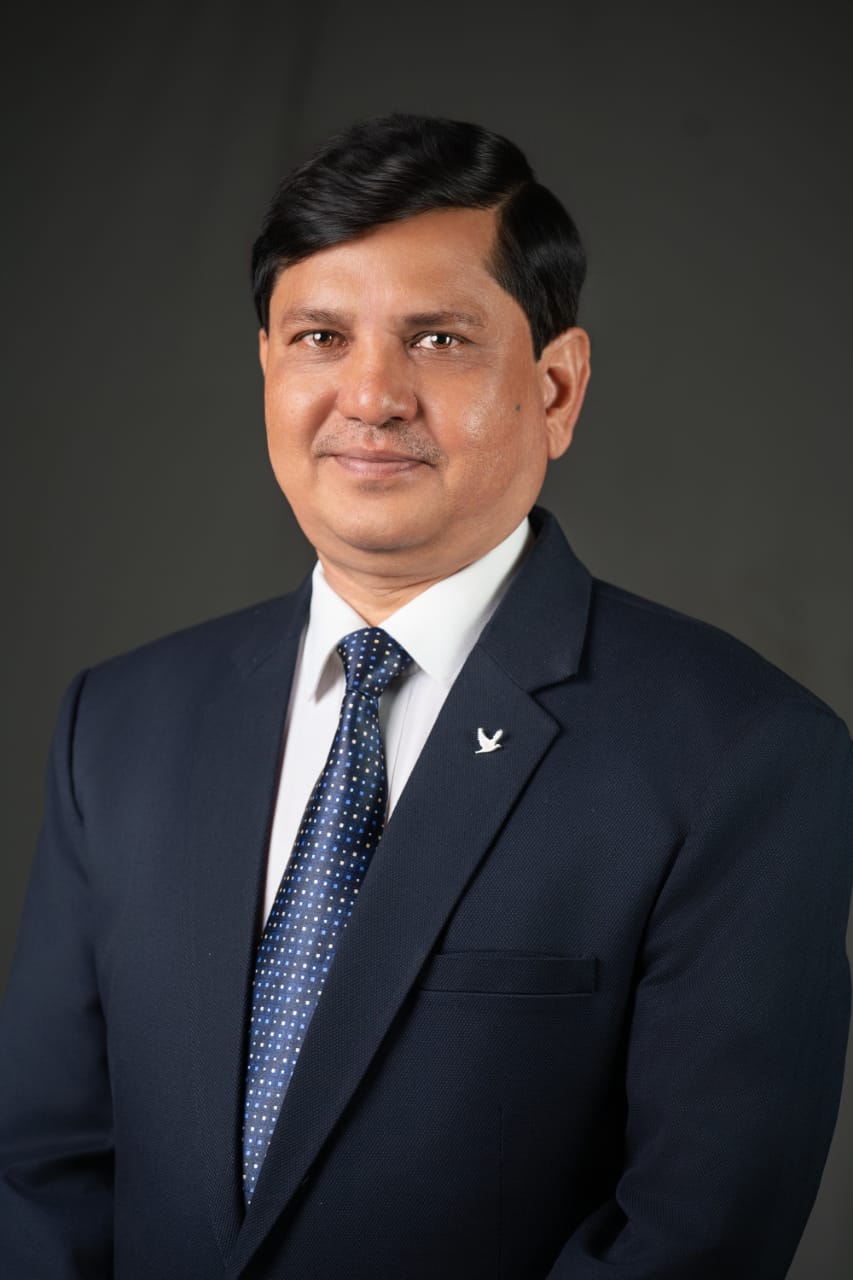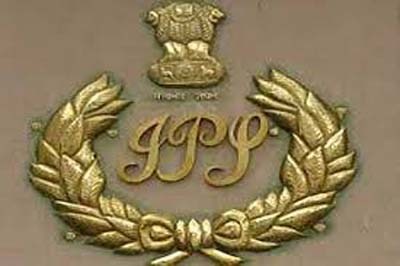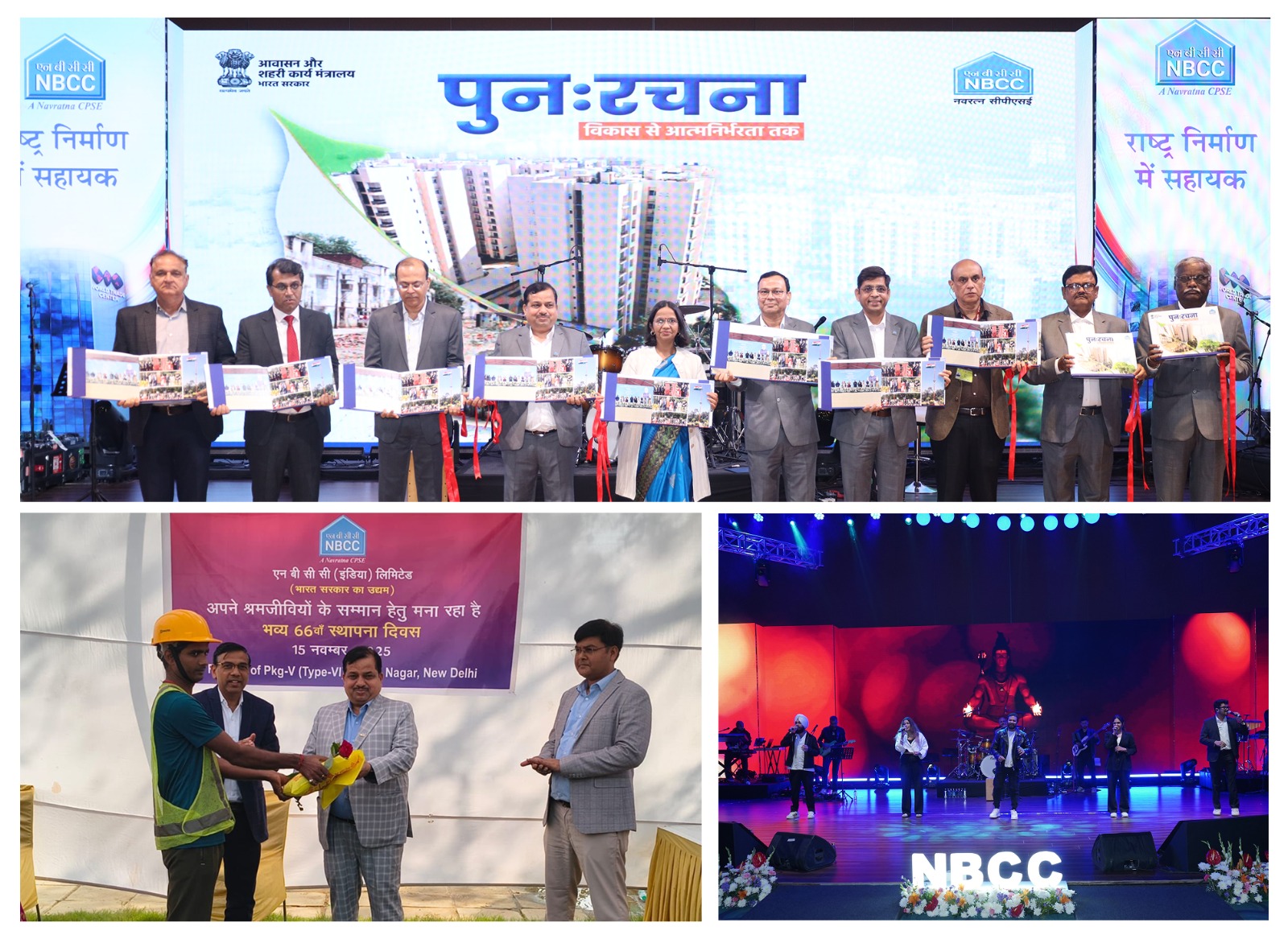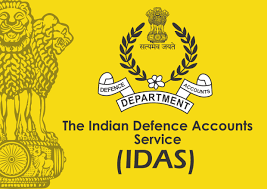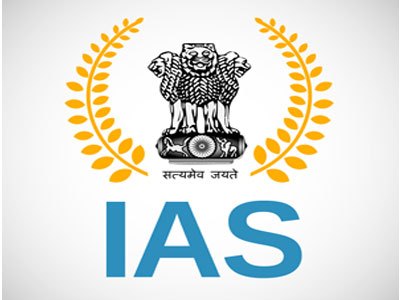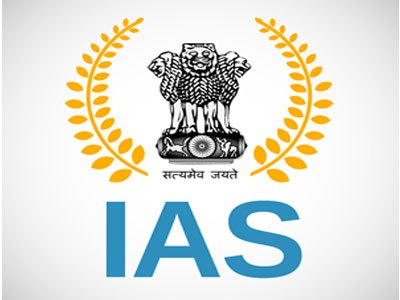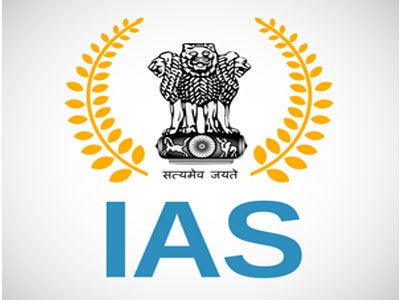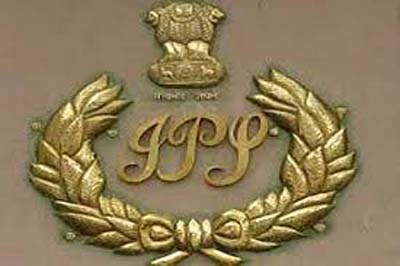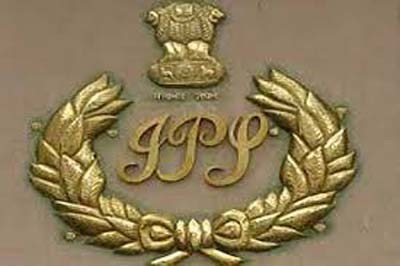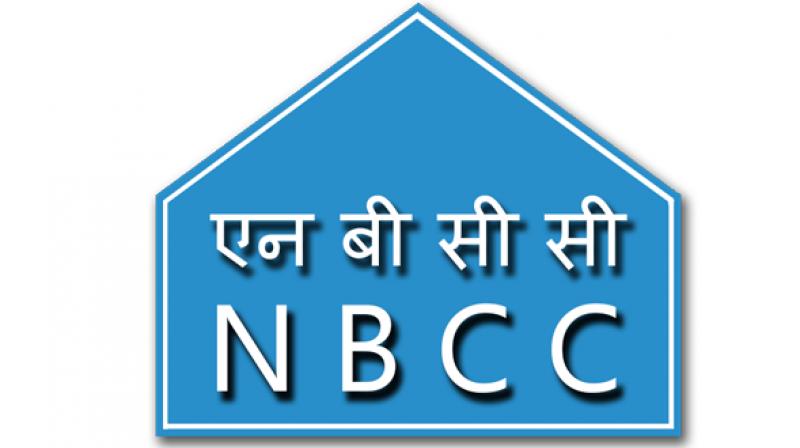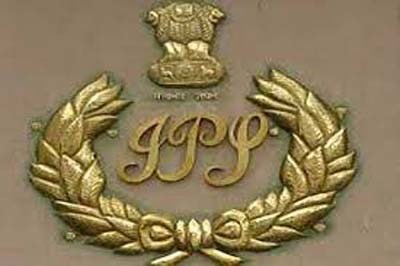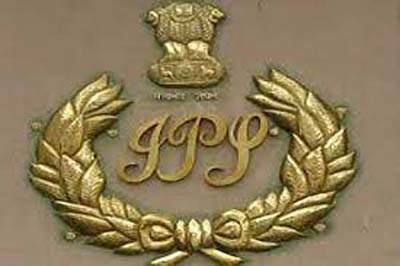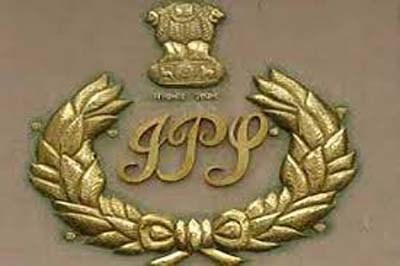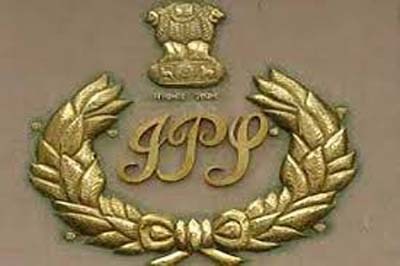Piyush Goyal, attended the XVIth Session of the United Nations Conference on Trade and Development (UNCTAD) in Geneva, where he delivered India's national statement and participated in key discussions. UNCTAD, established in 1964, plays a crucial role in promoting the integration of developing countries into the global economy through trade, investment, and sustainable development policies.
In his address at the 16th Session of the United Nations Conference on Trade and Development (UNCTAD XVI), the Commerce and Industry Minister of India underscored India’s transformation into one of the top five economies globally. India has been the fastest-growing large economy with over 7% average annual growth over last three years. The nation doubles its economy every eight years. Shri Goyal highlighted lifting millions of people out of poverty in the last decade. These individuals then join the middle class. They fuel rising incomes and demand.
Shri Goyal underlined India’s sustainability leadership. Half its installed power capacity comes from renewables. Current clean energy stands at 250 GW with aim to install 500 GW by 2030. India is taking measures against climate change impacts. Yet it contributes only 3.5% to global emissions despite hosting 17% of the world’s population. He noted that developed countries have not fulfilled Paris commitments including in providing $100 billion in low-cost, long-tenure finance and technology transfers. He rejected burden-shifting or environmental trade barriers. The Minister stressed a dedicated approach to sustainable development. This includes tailored, actionable solutions. Key global initiatives feature the Coalition for Disaster Resilient Infrastructure, International Solar Alliance, and Global Biofuels Alliance, building partnerships.
Calling for South-South cooperation for genuine solutions, Shri Goyal stated that areas may include critical minerals access, fertilizers and supply chain management. India bridges the technological divide via digital public infrastructure which empowers millions. The country has one billion internet users. It ranks second in ChatGPT users globally. A young population averages 28.5 years. Democracy and rule of law fuel growth.
The Minister noted inclusive development in India exemplified in women forming 14% of entrepreneurs and MSMEs creating and supporting millions of jobs. The services sector contributes 55% to GDP. It has shown decade-long double-digit export growth. This supports equitable workforce mobility. It fosters collaborations to boost partners’ competitiveness and global reach. Additionally, the Minister highlighted critical global challenges. These erode trust in multilateral institutions and the rules-based trading system. Issues include non-market practices, tariff and non-tariff barriers, overconcentration of supply chains at source and demand sides. Other challenges include dilution of special and differential treatment and unilateral environment measures apart from technological divide with restrictive controls. Restrictive policies have hit the services sector. In this, developing countries suffer the most. He emphasized the need for the Global South to speak with one voice.
The Commerce and Industry Minister highlighted that India is a pioneer, trusted by the developing countries and developed world alike, for its independent policies, growth, and commitment to progress. UNCTAD can play a key role in harnessing trade for equitable, inclusive, sustainable development. The Minister offered support to developing nations in technology, cooperation and building resilient supply chains. Trade serves as a development tool. Together, nations can build a future for all. This embraces “Sabka Saath, Sabka Vikas, Sabka Vishwas, Sabka Prayas”—development for all with trust and effort. India believes in “Vasudhaiva Kutumbakam,” the world as one family.
At the Ministerial Roundtable on “Towards Resilient, Sustainable, and Inclusive Supply Chains and Trade Logistics,” the Minister emphasized India’s self-reliance under Atmanirbhar Bharat, particularly in medicines and COVID vaccines, while fostering trading relations built on trust and reliability. He highlighted the trillion-dollar master plan, including about $130 billion annual investments in domestic infrastructure. Key advancements include expanding airport capacity from 74 to 158, enhancing rail, road, and inland waterways for a robust internal transport network, strengthening the manufacturing system, and establishing India as a trusted partner globally, with projections for continued fastest growth over coming decades. Furthermore, he advocated for conversations across large parts of the developing world to share offerings such as payment systems, transactions, payments, transport sharing, and reduced port times, urging developing countries to collaborate and work together for mutual benefit.
On the sidelines, Shri Goyal held bilateral meetings to strengthen international partnerships. With H.E. Ms Teresa Ribera Rodriguez, Executive Vice President of the European Commission for Clean, Just and Competitive Transition, the Minister discussed the impact of Carbon Border Adjustment Mechanism (CBAM) on Indian exports, especially steel secto and ensuring that the clean transition does not create dependencies. In his meeting with H.E. Ms. Rebecca Grynspan, Secretary-General of UNCTAD, the emphasis was on advancing UNCTAD's role in equitable economic transformation, deficiency in meeting the Paris Agreement commitments by developed countries, unjustified unilateral measures and South-South cooperation.
